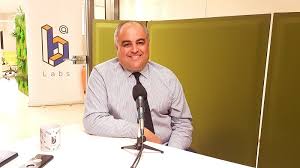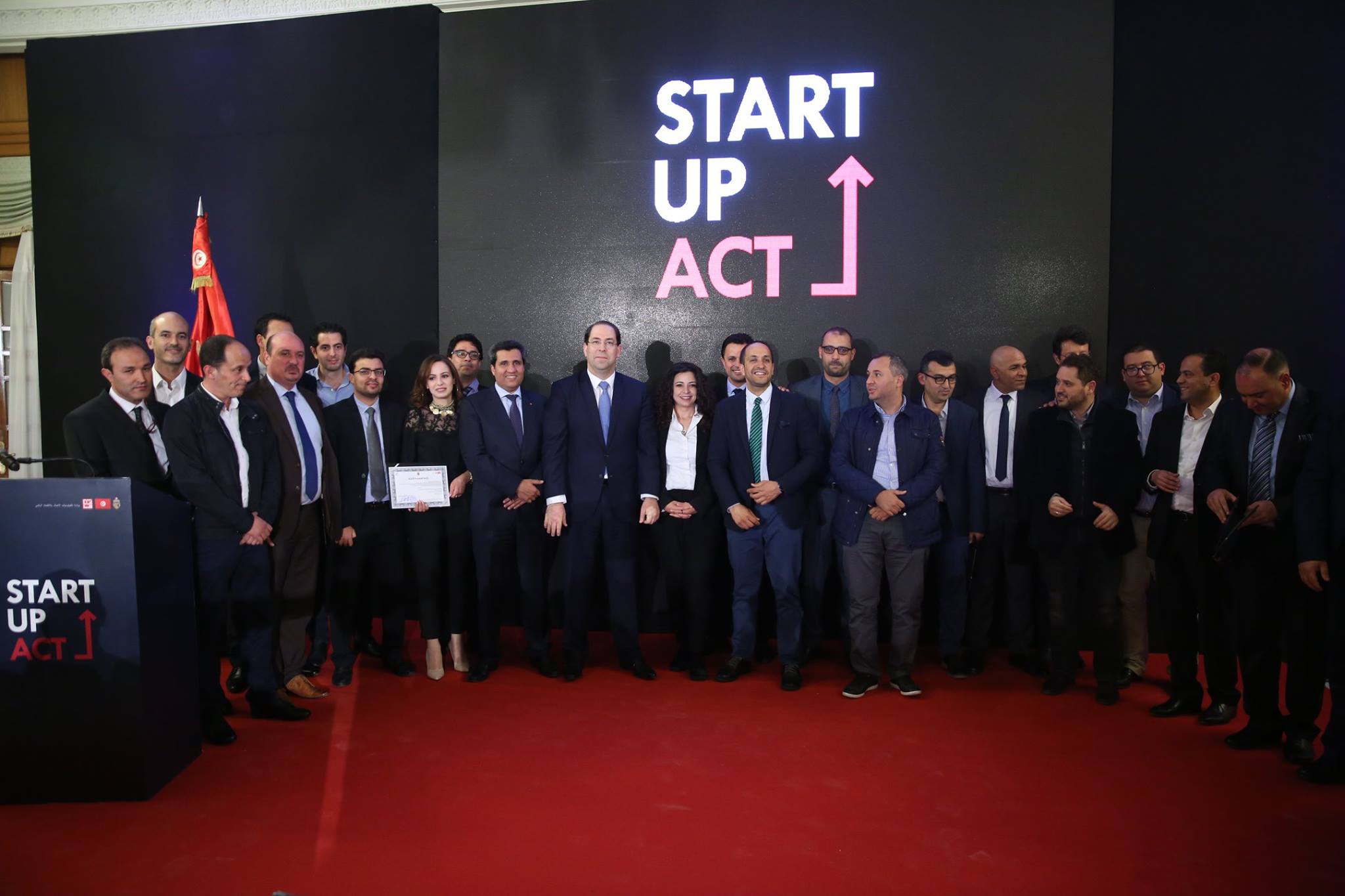How Tunisia Is Driving Innovation Through Its Startup Ecosystem
According to Bloomberg, Tunisia is the most innovative country in Africa, occupying Africa’s first place for the quality of its entrepreneurial environment (Global Entrepreneurship Index) and having the best mobile internet connection on the continent (Speedtest Global Index) .
The country’s ICT sector which represents 7.2% of its GDP has created over 100,000 jobs (with over 7,500 jobs created per year). It also has over 1,200 established ICT companies. Its universities produce around 10,000 engineers per year for a population of 11.6 million. France with a population of 67 million, trains about 32,000 engineers a year.
Tunisia is also the first country to set up a framework to facilitate the launch and development of a Startup Act.
Leading Africa’s Innovation?
According to Karim Koundi partner at Deloitte, Central Africa—and TMT Industry Leader Africa Francophone Advisory Services–Tunisia represents the best of the continent’s technological hub for many reasons.
“Based on my own experience in the region, in other words, Francophone Africa,’’ he says, ‘‘I have noticed that Tunisia has many assets to play the role of an important hub for Africa’s startup ecosystem. First, Tunisia has the human human resources. Tunisia has a pool of technological and digital skills. Second, its geographical position not only allows it to be a hub, but also is a gateway to other continents for Africans. Third, Tunisia being a small country, has a market which is relatively small. The implication of this is that Tunisians are open to all other markets. This is a major asset.’’
The consequence of these factors is that if the Tunisian authorities commit the necessary resources for some considerable period of years Tunisia would perform wonders.
“In terms of weakness,” Karim Koundi continues, “there is a lot to be done in terms of mobility and transport of products, services and people within the continent. Logistically, to move from Tunisia to the rest of the continent, you have to go through other continents or other countries, with flights of 24 hours … “
Koundi further notes that Tunisia’s national banking network does not support the country’s pan-African ambitions.
“The Tunisian banking network must be more present on the continent,’’ he says.

How Tunisian Startups Are Already Disrupting Industries
More and more Tunisian startups are innovating and exporting local technological know-how to other continents such as Europe.
For instance, startup Enova Robotics is pioneering the manufacture and export of mobile robots in Africa and the MENA region .
“I am originally a teacher — researcher of training,’’ says Anis Sahbeni, CEO and founder of Enova Robotics. ‘‘I taught at the Sorbonne, France since 2004. In 2014, I decided to change my cap and go back to Tunisia to create the first start-up in Africa and the Mena region, which manufactures its own brand of robot .’’
Enova Robotics’ robots are entirely made in Tunisia, from design to manufacturing, through Artificial Intelligence, with an integration rate, according to Sahbeni, that exceeds 70%.
Based in the area dedicated to the Tunisian Tech Innovation City in Sousse, the company, which has a subsidiary in Paris, is also specialized in the security sector.
“Our goal is to go to the international market,’’ says Sahbeni. ‘‘We started with Europe. We work for Airbus, Michelin, Securitas … The goal is to gradually penetrate the security industry through this innovation. This is an ambition fostered by an ecosystem conducive to innovation.’’
Sahbeni says the Tunisian tech ecosystem is buzzing and encouraging more and more startups to take up innovation and the opportunities offered by globalisation.
‘‘Through the Startup Act in particular, which lifts a series of barriers, particularly for export, and facilitates relations with the Tunisian government ,’’ he further notes, ‘‘the Tunisian ecosystem has become almost competitive with the European startup ecosystem.
Sahbeni however concedes that there are still improvements to be made.
“In Austria, for example, there are 250,000 startups, with an average employment rate of 2.5 per start-up. So 500,000 Austrian people work with startups. Today, it is in this sense that we have to go: innovation from Africa to the United States and elsewhere in the world, “he says.
According to him, Africa as a market has more young people than any other continents, an advantage the continent could harness.
“We initially targeted the European market, while waiting for America,’’ he says. ‘‘This is because the European market has the most mature market to absorb this type of technology. But Africa, with its growth, is a target market. By 2025, no later than 2030, Enova will be present on the African market. “
Video game, animation, 3D, virtual reality
Anis Sahbeni is not the only one who is leading this disruption. Since the creation of Tunisia’s Startup Act, Tunisia is experiencing a 30% increase in startup creations. More and more of these startups are directly oriented towards the African market.
Many young Tunisian entrepreneurs have increasingly shown their appetite for entrepreneurship in the area of Artificial Intelligence.
“I think Tunisian expertise is multiple. We have this chance, for a small country, to have good universities and technological institutes, which cover the territory well and have a multisectoral approach, computer, mechatronics, robotics,’’ notes Dounia Ben Mohamed, a writer with Le Point, a magazine focused on the Francophone startup ecosystem. ‘‘But it is also clear that currently great efforts are made around the AI. The Tunisian Government has realized the importance of IA & Industry 4.0, and made it a priority. The AI industry can count on a high-performance startup ecosystem and its diaspora. Tunisia currently ranks 2nd in Africa in the Government AI Readiness Index (2019), which assesses the ability of governments to reap the benefits of AI.’’
‘‘There is a totally unknown sector that has emerged around the School 3D Netindo. It is an ecosystem linked to the creative digital cultural industry, that is to say the video game, the animation, the 3D , VR, special effects, which allows Tunisia to be with South Africa, Kenya and Nigeria in pole positions on this industry of the future. Tunisian expertise is beginning to be recognized in sub-Saharan Africa and is sought after,”he says
Bizerte Smart City, an African laboratory
As the Tunisian technology hub continues to grow, both in terms of public and private initiatives, several smart city projects are also emerging. Notable among them are the Tunisian Smart City initiative and the association, Bizerte 2050, which was created in 2009 and operates for the development of the Bizerte region of Tunisia through innovative, inclusive and futuristic concepts. Benefiting from a partnership with the International Telecommunication Union, Bizerte Smart City is among the top four smart and sustainable cities in the world, alongside Dubai, Pully (Switzerland) and Singapore. The African Union has also included it in its 2063 agenda for the transformation of Africa.
Charles Rapulu Udoh

Charles Rapulu Udoh is a Lagos-based Lawyer with special focus on Business Law, Intellectual Property Rights, Entertainment and Technology Law. He is also an award-winning writer. Working for notable organizations so far has exposed him to some of industry best practices in business, finance strategies, law, dispute resolution, and data analytics both in Nigeria and across the world








